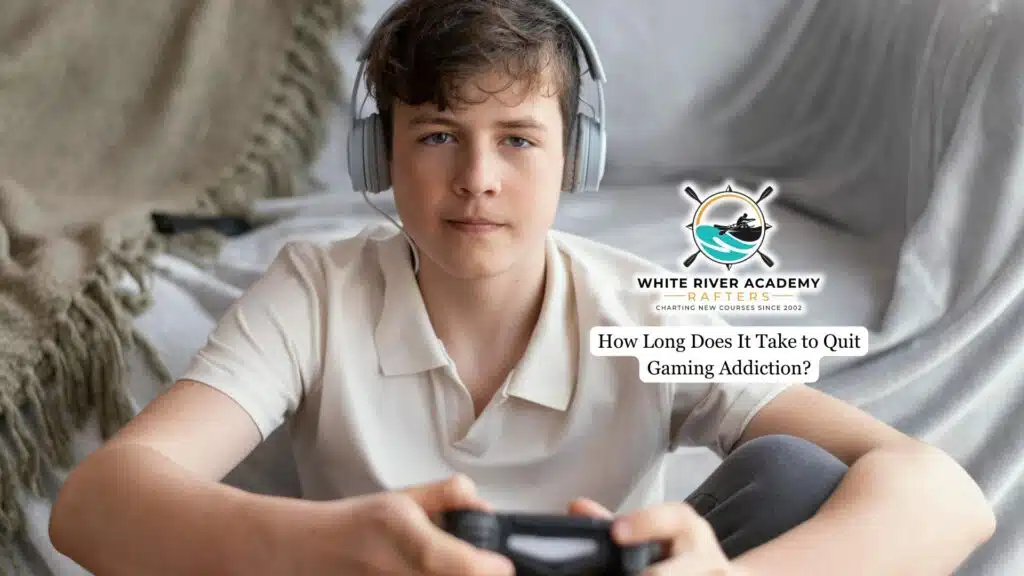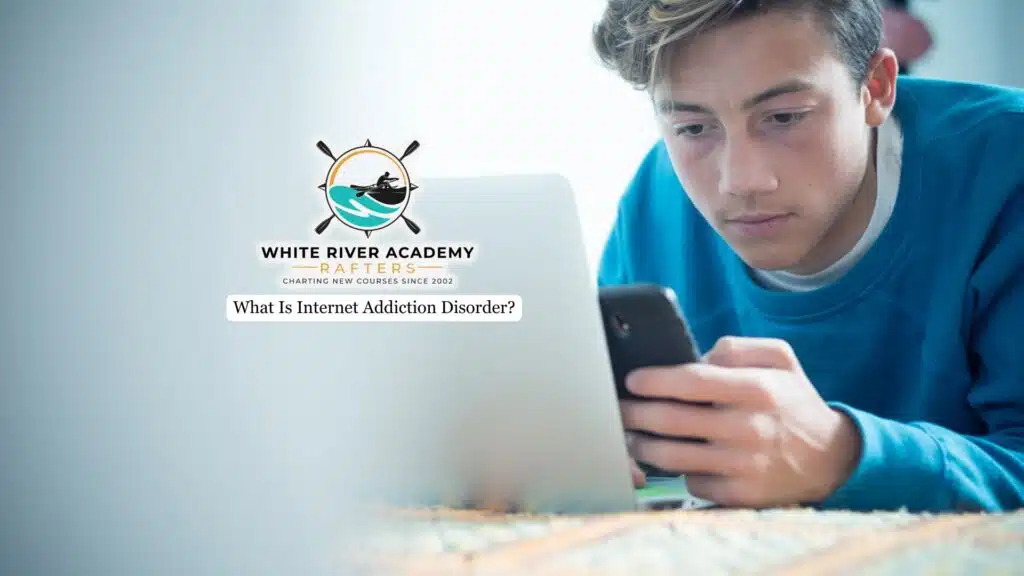Video Game Addiction Withdrawal Symptoms

Video game addiction withdrawal can cause irritability, cravings, anxiety, and physical discomfort. Recognizing these symptoms early is key to effective treatment and long-term recovery.
The Link Between ADHD and Video Game Addiction

Teens with ADHD are more prone to video game addiction due to brain chemistry and reward-seeking behaviors. Learn the signs, risks, and strategies to set healthy gaming limits and promote balanced routines.
How Long Does It Take to Quit Gaming Addiction?

Gaming addiction recovery takes time, varying from weeks to months. Learn about withdrawal symptoms, recovery timelines, and strategies to help teens, especially boys, overcome excessive gaming and build a balanced life.
How to Deal With a Defiant Teenager

Teen defiance, including arguing, rule-breaking, and withdrawal, can stem from developmental, emotional, or environmental factors. Learn the signs, causes, and strategies to address oppositional behavior
Most Effective Therapies For Troubled Teens

Discover the most effective therapy options for troubled teens, from CBT and DBT-A to family-based and expressive arts therapies, designed to promote healing, emotional regulation, and long-term resilience.
How to Help a Self‑Destructive Teen

Self-destructive behavior in teens often signals deeper emotional struggles. Learn how early intervention, therapy, and structured support can help adolescents heal and recover.
What To Do When Your Teenager Lies?

Teen lying is often more than just rebellion—it may signal stress, mental health issues, or substance use. Learn how to respond effectively and when to seek help.
What Causes Internet Addiction in Teens?

Teen internet addiction is fueled by brain development, emotional struggles, poor family dynamics, and peer pressure. This article explores causes, symptoms, and how specialized treatment can support teens in developing healthier digital habits.
What To Do If Your Teen Refuses to Go to School

School refusal in teens often signals emotional distress, anxiety, or early substance use. Learn how to identify causes and support your child through structured interventions and therapeutic care.
What Is Internet Addiction Disorder?

Internet Addiction Disorder (IAD) affects up to 30% of adolescents, leading to disrupted sleep, relationships, and academics. Learn the types, warning signs, mental health links, and effective treatments for teens struggling with compulsive online behaviors.
